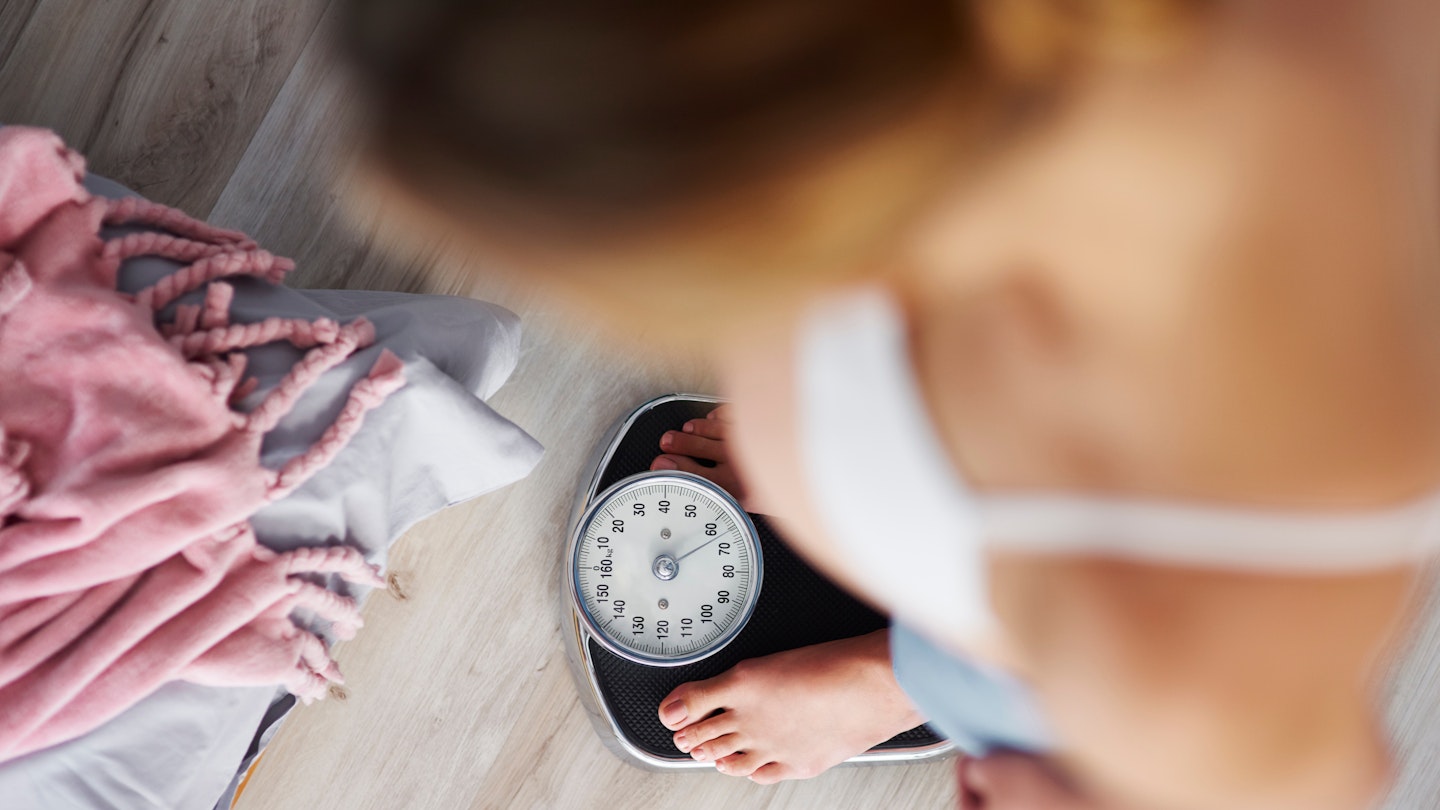How much did you weigh when you were 20? Is that a stone and a half within your current weight? It's a horrible question, the sort that could bring shocked silence to a room. And it was one we were asking of ourselves the moment we saw the headline 'Women live longer the closer they stay to their weight at age 20’.
You see, according to The Times, a new study in the Journal of Epidemiology and Community Health found that women aged between 68 and 70 had the best chance of entering their nineties if they were slim. Obese women aged 68 to 70 were 32% less likely to reach 90. These women were also asked their weight aged 20 and the conclusion was that while men’s weight difference between 20 and 68-70 has little bearing on their ability to reach 90, ‘Women who would like to see their 90th birthday should try to stay within a stone and a half of their weight at age 20 throughout their lives.’
Our first reaction beyond remembering our own weight aged 20 and doing the problematic maths, was, well, do we really all want to live until 90 in such a misogynistic world where women’s bodies, rather than men’s, are proclaimed upon so regularly? Our second was, ok, let's look at the actual study.
We've reached out to Lloyd Brandts, one of the authors of the study, in the hope we can find out what he thinks in lay terms. Because right now, his study’s being given as an example of why women must retain their youth and youthfulness at all costs, a sort of scientific propping up of the shame women are made to feel, what, most of our lives? We'll let you know if he gets back to us.
Either way, it turns out that yes, it makes little difference to men how much they weigh aged 68-70 compared to age 20 when considering if they’ll reach 90. Of course, this study only refers to those men who made it to 68-70 in the Netherlands in 1986, where male life expectancy was just 73. However, the most significant impact on a woman’s likelihood of reaching 90 isn’t her weight, but her height - taller women tend to fare better.
Of course, we can’t control height like we can weight. But for many, controlling weight can feel as impossible as controlling height. Being told to maintain a certain weight, one carried aged 20, when bodies aren’t even entirely matured (your clavicle only fuses aged 25!) isn’t really going to help those people, is it?
Plus, participants weren’t asked their weight for every year of their life. They were simply asked in 1986, when they were aged 68-70, for their current weight and to remember their weight when they were 20. They were then sought out by researchers in the mid-90s, to find out if they, too, had reached their 90s.
These slimmer women's weights may have have fluctuated hugely throughout their lives, especially during pregnancy, where a woman is expected to, entirely healthily, may we add, gain 10kg-12.5kg (1.6st-2st). But we the data doesn't show this. It also does nothing to suggest why slimmer women might tough it out to their 90s. The big discrepancy we noticed was that women aged 68-70 are far more likely (34%) to make it to 90 than men of the same age (17%). Isn’t that the more interesting headline?
What is for sure is that regular exercise is good for all of us, regardless of sex and age. And anyone who’s done a lot of that will also know, of course, that muscle weighs way more than fat, anyway.
